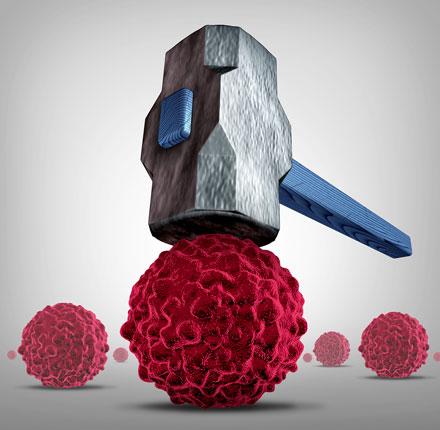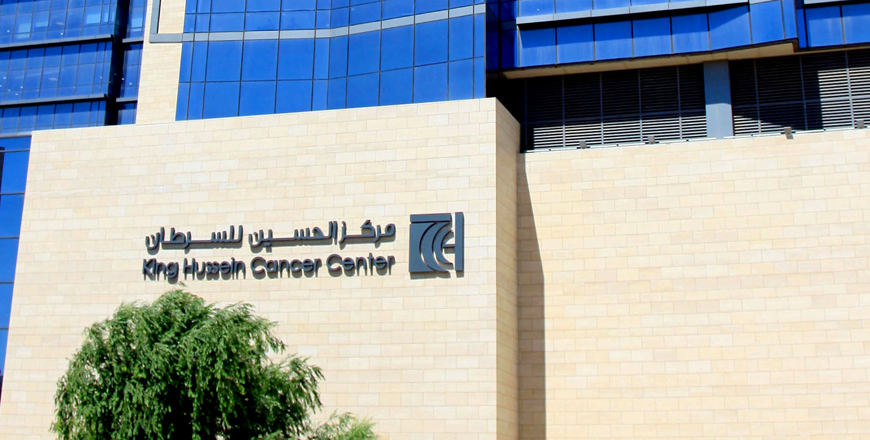You are here
Immunotherapy cures late-stage breast cancer in world’s first
By AFP - Jun 06,2018 - Last updated at Jun 06,2018

Photo courtesy of mcn.com
PARIS — A woman with an aggressive form of breast cancer which defied chemotherapy and spread to other organs, was cured with an experimental treatment that triggered her immune system, researchers said on Monday.
The woman has been cancer-free for two years, reported the US-based team, presenting their results as “a new immunotherapy approach” for the treatment of patients with a late-stage form of the disease.
Other experts not involved in the work hailed it as “exciting”.
So-called “immunotherapy” has already been shown to work in some people with cancer of the lung, cervix, blood cells (leukaemia), skin (melanoma) and bladder.
But an immune breakthrough for bowel, breast and ovary cancer has remained elusive.
In the latest study, a team extracted immune cells called lymphocytes from the patient, tweaked them in the lab, then reinjected them.
The woman was 49 when she signed up for the clinical trial after several attempts at a cure through conventional treatments had failed, said the study published in the scientific journal Nature Medicine.
The cancer had spread to various parts of her body, including the liver.
A person’s immune system is designed to kill invaders, including rogue, cancerous cells. But it can fail, often because it cannot recognise cancer cells containing the patient’s own DNA.
Immunotherapy trains a patient’s own immune cells to recognise and fight cancer.
For the new study, researchers took lymphocytes from a tumour in the woman’s body and scanned them for specific types which reacted to mutant, cancerous cells.
Complete regression
These were reactivated or “switched on” in the lab and injected back, along with a so-called “immune checkpoint inhibitor” — another type of immunotherapy that has shown success in other types of cancer.
This resulted in a “highly personalised” anti-cancer therapy that yielded “complete tumour regression”, the researchers wrote.
In a comment also published by Nature Medicine, expert Laszlo Radvanyi from Canada’s Ontario Institute for Cancer Research said the woman’s response to the treatment was “unprecedented” for such advanced breast cancer.
This work showed “we are now at the cusp of a major revolution in finally realising the elusive goal of being able to target the plethora of mutations in cancer through immunotherapy”, he wrote.
In a reaction via the Science Media Centre in London, immunotherapy professor Alan Melcher of The Institute of Cancer Research said the trial was “fascinating and exciting”.
The work “provides a major ‘proof-of-principle step forward, in showing how the power of the immune system can be harnessed to attack even the most difficult-to-treat cancers”, he said.
Peter Johnson, an oncology professor at the Cancer Research UK Centre, said the study confirmed the immune system can recognise some cancers, and “if this can be stimulated in the right way, even cancers that have spread to different parts of the body may be treatable”.
The technique is “highly specialised and complex”, he cautioned, and may not be suitable for many patients.
Related Articles
AMMAN — The King Hussein Cancer Centre (KHCC) has announced a new medical breakthrough in cancer treatment through the production of lab-eng
LOS ANGELES — Robert Waag is alive and apparently cancer free more than two years after advanced melanoma reached his lungs, hips and other
In a step that heralds a new era in cancer treatment, the US Food and Drug Administration (FDA) said on Wednesday it had approved a form of














